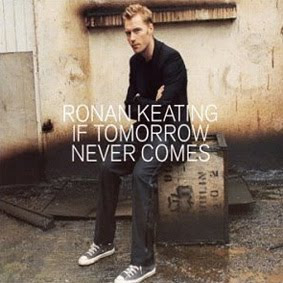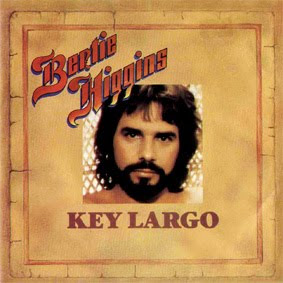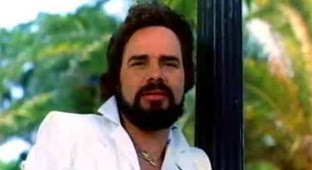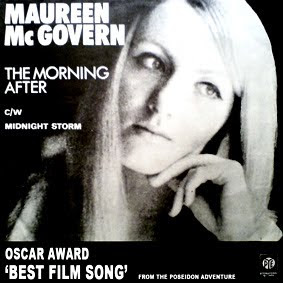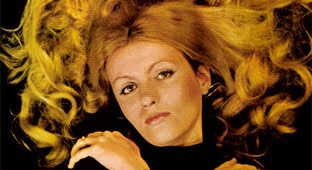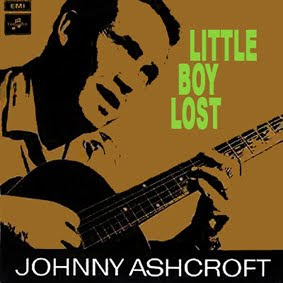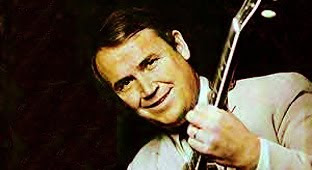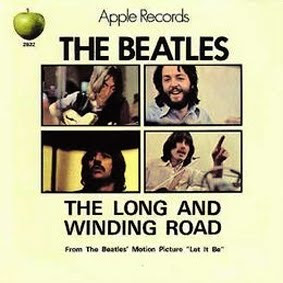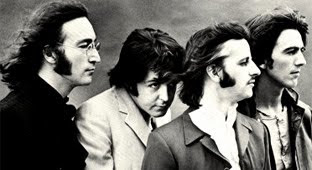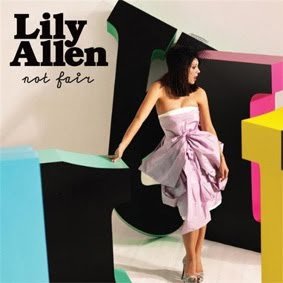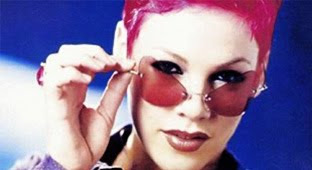ALL TIME GREATEST SINGLES - #982
TOO YOUNG TO BE MARRIED
The Hollies
(T. Hicks) Parlophone A 9406
------------------------------------------------------------------------------------------------------------------------------------------------------



Chart Entry: 29th May, 1971
Highest Position: #1
Points: 103,041
From the album
"Confessions Of The Mind".
------------------------------------------------------------------------------------------------------------------------------------------------------
The British domination of America during the mid-60's could not be done by The Beatles alone. They needed a sidekick and it came in the form of The Hollies who mirrored much of The Beatles' style and set up. Both bands debuted around the same time, both lost a valuable member towards the end of the decade, and both enjoyed success all over the world. What sets them apart, is their longevity, as The Hollies are one of only three British groups from the early 60's to be performing today.
Throughout the 60's, The Hollies provided the charts with plenty of pop treats that saw them hit the UK top ten 15 times during the decade, two more added to that tally by the mid-70's. Australia gave the band five top tens during the 60's, denying them a #1 hit during that time. But the 70's proved to be a popular time after being freed of The Beatles reign, and finally The Hollies scored themselves an unlikely #1 with "Too Young To Be Married".
Confessions Of The Mind was the first album released after The Hollies' key member, Graham Nash left to pursue his career with Crosby, Stills & Nash. It was also a chance to recover from a critical blast that saw their previous albums falter in the charts. It was less experimental, trading in the sitar for a beautiful string section which featured on "Too Young To Be Married". The seemingly straight forward approach to the album has seen many of its tracks rate among The Hollies' best.
"Too Young To Be Married" was pure schmaltz, a man and a woman who battle the everyday struggles of domestic life. At first they're happy, in love, and content in the things that usually annoy us. Despite pressure from their family who think they are "too young to be married", the happy couple make things work. By the end of the song, the cracks start to show as the wife is trapped in the same routine that she was promised to be free from years ago. Those words keep repeating in her head, "too young to be married", and so now her married has become an empty promise to keep so as to not prove her doubters right.
"Too Young To Be Married" was only released as a single in Australia, and if that success was anything to go by, there may have been a huge worldwide hit waiting in the wings. It wasn't to be, but there was still plenty more to come from the band, The Hollies almost adding two more #1's to their Australian total when 1972's "Long Cool Woman In A Black Dress" and 1974's "The Air That I Breathe" peaked at #2 on the Go-Set charts. Both were among the bands biggest hits in America but unfortunately both also signaled the end of their chart reign, conditioned to minor hits from then on.
------------------------------------------------------------------------------------------------------------------------------------------------------
Chart Run: 60.18.9.1.1.1.2.2.2.2.4.11.16.23.30.30.33 (22 weeks in Top 100)
(Go-Set Charts)
